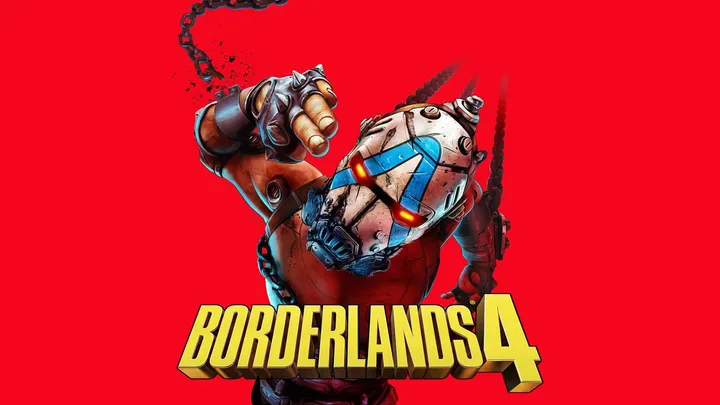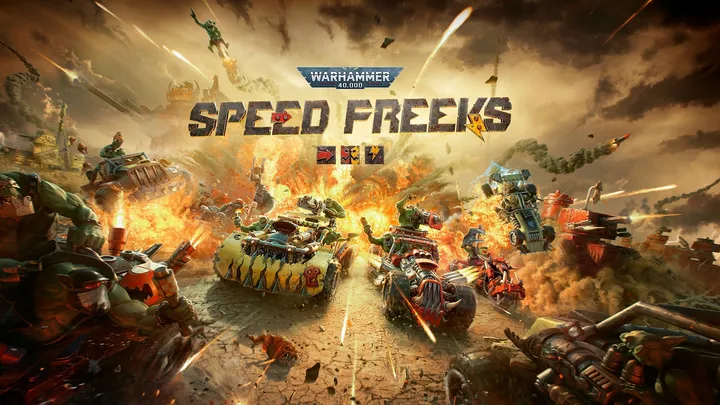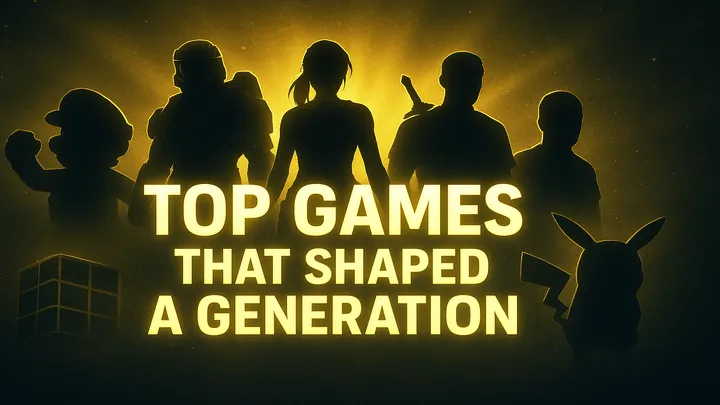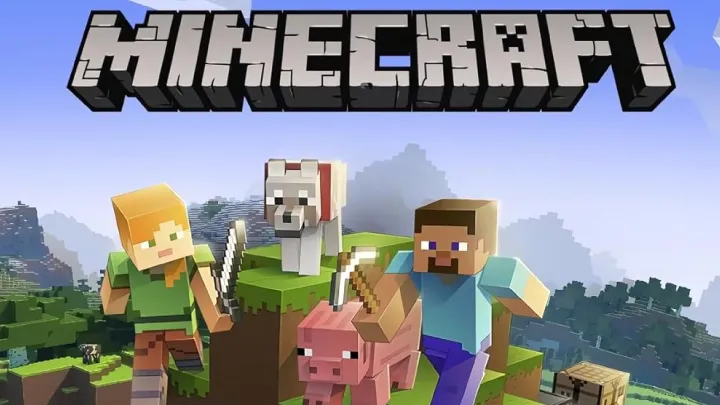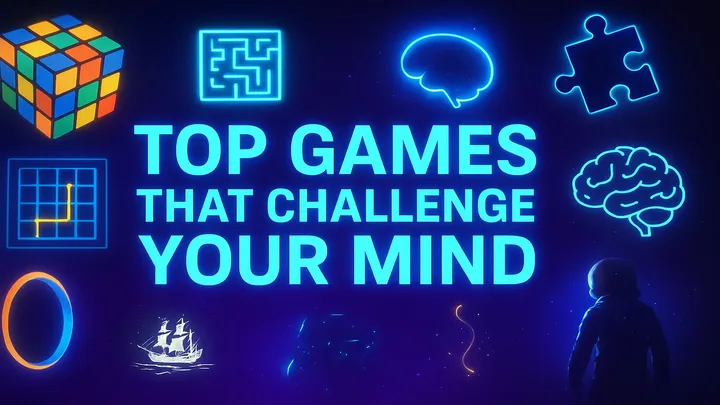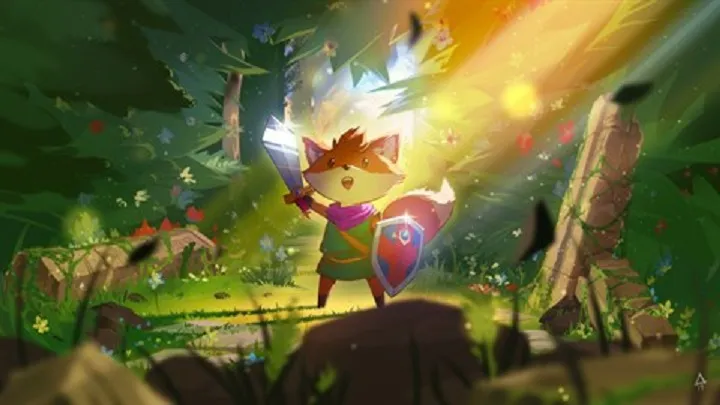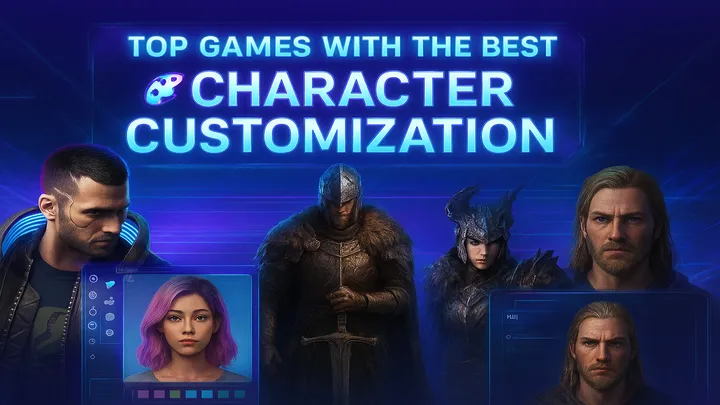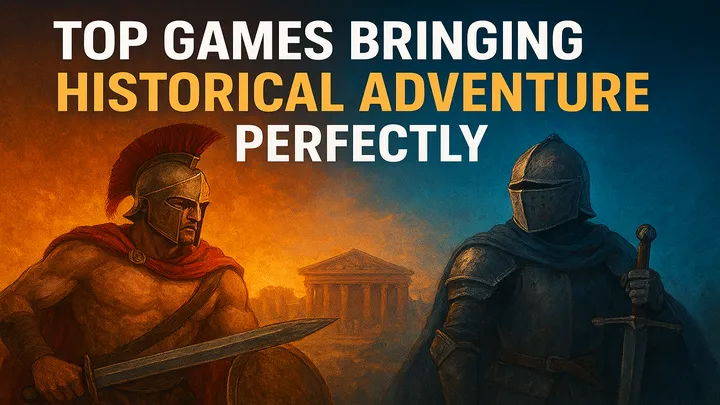Introduction
While many games are designed for pure fun and relaxation, some titles go a step further by challenging players to think critically, plan strategically, and solve complex problems. Strategy-based games not only provide hours of entertainment but also help develop skills such as foresight, resource management, and decision-making under pressure.
Here are the top games that teach strategy and critical thinking, blending engaging gameplay with lessons that stay useful beyond the screen.
1. Civilization VI – Building Empires with Foresight
Sid Meier’s Civilization VI is a masterclass in long-term strategy. Players must manage resources, build cities, negotiate diplomacy, and plan military campaigns while considering how every decision impacts future turns.
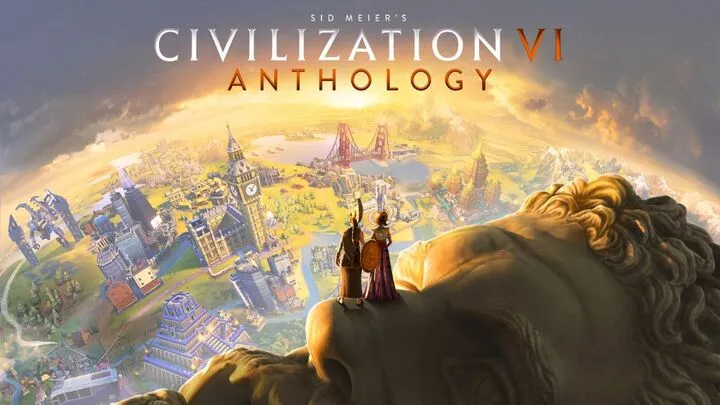
Why it teaches strategy:
- Encourages foresight and long-term planning.
- Teaches resource allocation and diplomacy.
- Rewards adaptability to unexpected challenges.
2. StarCraft II – The Ultimate Real-Time Strategy Test
As one of the most iconic esports titles, StarCraft II requires players to make lightning-fast decisions while managing armies and resources. Balancing economy, unit production, and tactical combat sharpens critical thinking skills.
Why it teaches strategy:
- Demands multitasking and efficiency.
- Develops quick decision-making under pressure.
- Reinforces the importance of timing and adaptability.
3. XCOM 2 – Tactical Warfare and Risk Management
In XCOM 2, every mission feels like a high-stakes chess match. Players must carefully position squads, manage risks, and deal with consequences when plans fail. Permanent character loss teaches responsibility and careful thought.
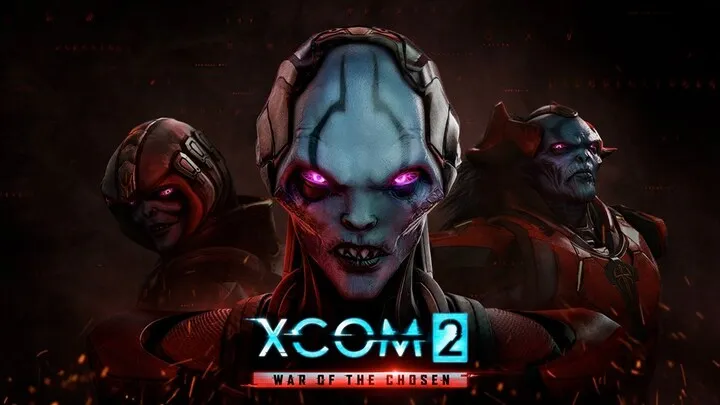
Why it teaches strategy:
- Reinforces careful planning and patience.
- Encourages evaluating probabilities and risks.
- Promotes accountability for decisions.
4. Total War: Three Kingdoms – Grand Strategy Meets Tactics
The Total War franchise blends large-scale empire management with tactical real-time battles. In Three Kingdoms, players must manage diplomacy, politics, and warfare while balancing resources and alliances.
Why it teaches strategy:
- Balances micro-tactics with macro-management.
- Develops negotiation and alliance skills.
- Challenges players to adapt strategies across scales.
5. Chess (Digital Adaptations) – The Timeless Strategy Game
Whether played traditionally or through apps like Chess.com, chess remains the gold standard of strategy games. Every move has consequences, forcing players to anticipate their opponent’s plan several steps ahead.
Why it teaches strategy:
- Enhances foresight and prediction skills.
- Builds logical reasoning and patience.
- Offers infinite replayability for skill growth.
6. Into the Breach – Small-Scale, Big Decisions
This indie gem challenges players to control mechs defending cities from alien creatures. With limited moves and tight spaces, every decision feels critical.
Why it teaches strategy:
- Forces optimization with limited resources.
- Rewards anticipation of enemy moves.
- Builds problem-solving skills in compact scenarios.
7. Crusader Kings III – Political and Social Strategy
Unlike typical war games, Crusader Kings III focuses on dynasties, succession, and intrigue. Players must balance family alliances, political decisions, and long-term dynastic goals.
Why it teaches strategy:
- Demonstrates cause-and-effect of social choices.
- Teaches negotiation and people management.
- Highlights the importance of adaptability.
8. Portal 2 – Puzzle-Solving with Logic
Though not a traditional strategy game, Portal 2 challenges players to solve physics-based puzzles using portals. It’s a masterclass in lateral thinking and creative problem-solving.
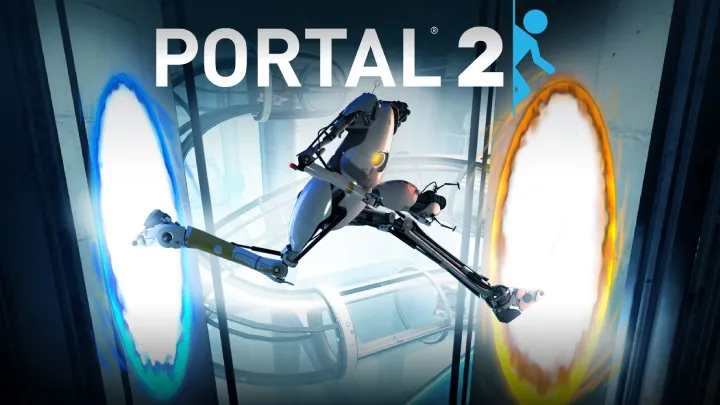
Why it teaches strategy:
- Develops logical reasoning and spatial awareness.
- Encourages trial, error, and learning from failure.
- Enhances problem-solving creativity.
Conclusion
Games aren’t just entertainment—they can be powerful tools for developing the mind. Titles like Civilization VI and StarCraft II train foresight and adaptability, while Portal 2 and Chess sharpen problem-solving skills. Whether through empire building, tactical combat, or clever puzzles, these games prove that strategic thinking and critical decision-making can be both fun and rewarding.
As technology advances, expect even more games that challenge not just reflexes but also the mind’s sharpest abilities.
